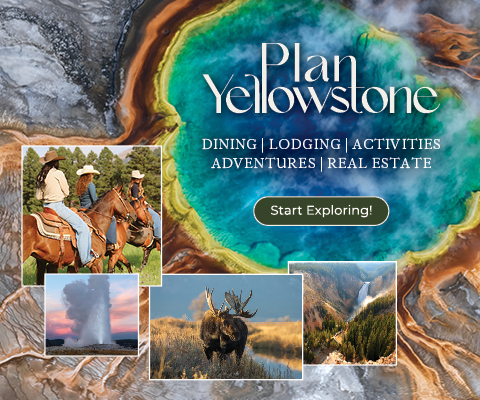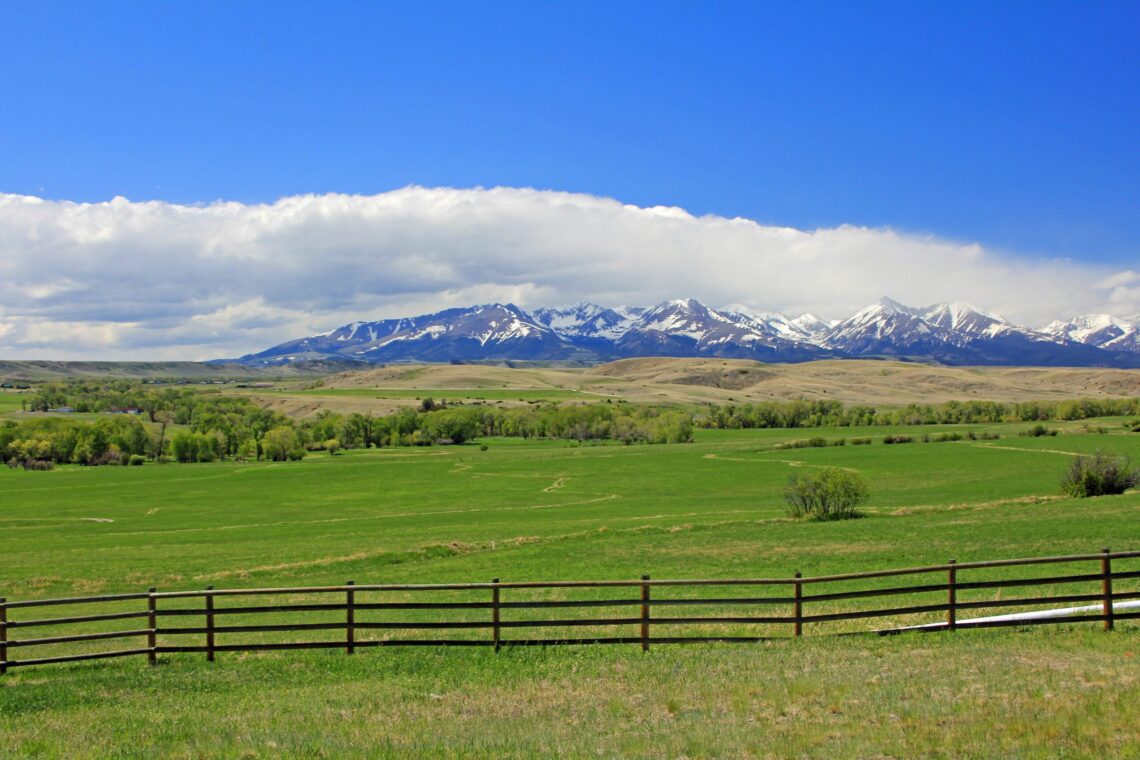Dear Editor,
Checkboard landownership has created challenges for private and public land management since the railroad grants in the 1880s. One hundred and forty years later, the problems remain. The current checkerboard of private and public land creates problems for wildlife, recreation, public and private stewardship and livestock management. Simply put, habitat fragmentation is bad for both wildlife and resource functionality.
The Crazy Mountains pose a distinctive challenge due to the current mix of private and public lands. Checkerboard ownership disrupts wildlife behavior and habitat. The East Crazy Inspiration Divide Land Exchange provides a potential solution to this issue. The Forest Service and others collaborating on the issue must focus on rangeland and wildlife habitat. Blocking up and increasing public land ownership in roadless areas and wildlife migration corridors makes sense.
Land exchanges that consolidate ownership into larger blocks provide opportunities to address fragmented ownership and habitat. Checkerboard ownership requires more fences than large blocks of land. Reducing fences generally improves wildlife movement and adds to recreational appeal. The East Crazy Inspiration Divide Land Exchange can establish uninterrupted natural corridors on Federal land which will allow both people and wildlife to move more naturally. Private landowners will also have a reduced need for fencing.
Land exchanges also provide opportunities to improve ranch management. The exchange will consolidate grazing areas, enhancing the ability of ranchers to more sustainably manage their herds. Improved grazing management will provide for better ecological function and habitat. Consolidating checkerboarded private lands into larger parcels benefits ranching operations, which will help keep ranchers in business and keep open spaces open.
The East Crazy Inspiration Divide Land Exchange resulted from extensive community collaboration and compromise. It represents Montanans working at the local level and collaborating to preserve and protect our wild landscapes.
Community compromises may not be perfect. Competing philosophies, economic circumstances, and often diverse viewpoints shape their final make up. In the end, blocking up checkerboards will reduce habitat fragmentation and improve ecosystem function. That will make things better for both wildlife and people, which is a better solution than maintaining the status quo.
Jack Alexander
Belgrade, Montana












